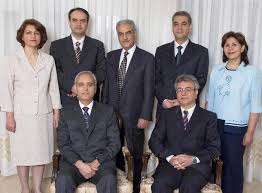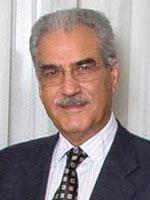I could be writing, it’s true, about gun violence here and there. (Been there, wrote that, but there’s always more.) I ought to explore the tangled feelings of a frayed and stubborn father and his proud, combative son. (It wouldn’t be the first time.) There are Things to be Said about the two troupes of (mainly) 14-year-old boys that I’m spurring/goading/inspiring/herding toward basketball excellence, so impatiently. (How about now? Can you hear me NOW?! Why aren’t you trying harder?) And how about those Warriors, and the hardwood genius of Stephen Curry? And, like, all those other like sports thingies?
There’s Paris. I’ve barely written a word about the horrors of Paris then (and Beirut, and Bamako (Mali), and Kano (Nigeria), and San Bernardino (USA)…), and nothing of Paris now: governments and leaders defending their privilege (systematically) and twiddling and fiddling (often) while the climate burns, slowly and inexorably. (Heck, you think we have a refugee problem now? How about when Bangladesh or [insert your most precious coastal population centre here] is under water, or drought deepens in California or any other global or local food basket? Say, while I’m on the subject, didn’t Syria have a series of disastrous crop years just before the war?)
I’ll be getting to those. Probablymaybe. Soonerorlater.
But today, as I promised myself and The Usual Lurkers here at JH.com, I’m thinking about the last of the Iranian Seven, prisoners now on the most trumped-up of charges – weird how, suddenly, “trumped-up” accusations have a whole new layer of meaning – for over 90 months. I want you to know about and remember Vahid Tizfahm. You might not have heard of him, or his six brothers- and sisters-in-nobility, but I’ve written about each and I’ve been re-issuing the call. They’re still in jail. Their names are listed below.
There’s one, though, that I want you to read RIGHT NOW (sorry, no need to shout, I guess, not really, but wow) is this updated profile of Vahid Tizfahm, in which I include links to three remarkable — I dare say nearly incredible — letters written by (or partly by) Mr. Tizfahm.




